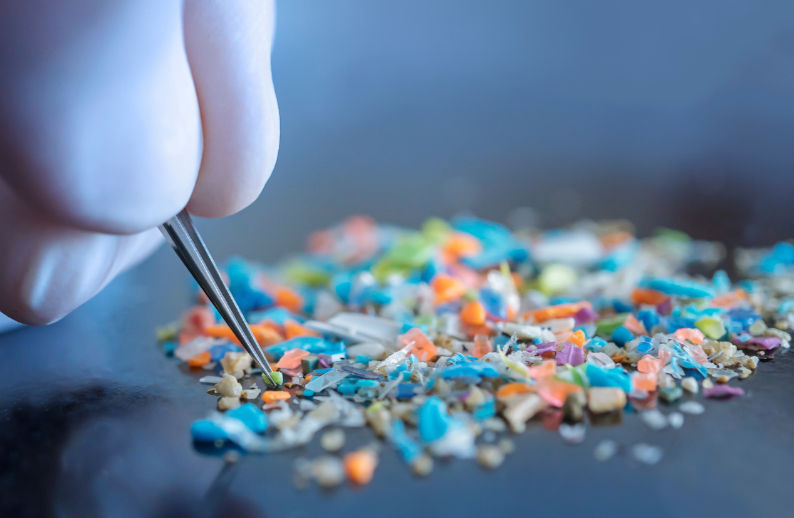Plastic Pollution: "NOT MY PROBLEM"
- Dennis Ketterman
- Jan 8
- 2 min read
Updated: Jun 23
Most of us mindlessly discard used plastic, assuming others or "trash fairies" will handle it.

Plastic pollution is often disregarded with the mindset that it's "NOT MY PROBLEM," assuming it's someone else's duty to clean up after us. However, the reality is WE ARE THE PROBLEM! We are the consumers who use these products and irresponsibly discard the containers, many of which are single-use plastic containers, that end up in our oceans. These are mistakenly ingested by fish and other wildlife that we consume, eventually entering our bodies.

Every time we choose convenience over sustainability, we are in partnership with a system that prioritizes profit over our health and the health of our planet. Studies show that microplastics are now found in human blood, lungs, and even placentas, raising alarming questions about the long-term health implications, such as Alzheimer's and Parkinson's disease.
Already, 5.2 million Americans have Alzheimer's or some other form of dementia. Those numbers will jump to 13.8 million by 2050, the urgency to address this issue is clearer than ever. If this trend continues at the rate it has, can you imagine what the kids growing up today will be faced with?

But we have the mind set however, that it's someone else's problem. NOT OURS. Manufacturers tell us simply to recycle, but the truth is that recycling is not the solution to our plastic waste problem. It is merely a band-aid solution promoted by big oil and plastics manufacturers to keep producing single-use plastic. If recycling was the ultimate solution, there would be a state-of-the-art recycling center in every supermarket and street corner in the country.
But in reality less than 10% of anything is recycled.
It's been suggested that only way to truly change the current flow of single-use plastic is to start at the source. However, it's clear the manufacturers won't simply quit making plastic, because as long as we demand, buy and consume these products they will continue to manufacture them. The bottom line is: if we don't buy their products, they will have to change, or go out of business. We hope for change.
"When it comes to our health there is no profit in fixing the problem.
There is a lot of profit, however, in making sure it never goes away."
JOIN US IN 2025 to help bring awareness to the environmental
and health crisis created by single use disposable plastics.






Comments